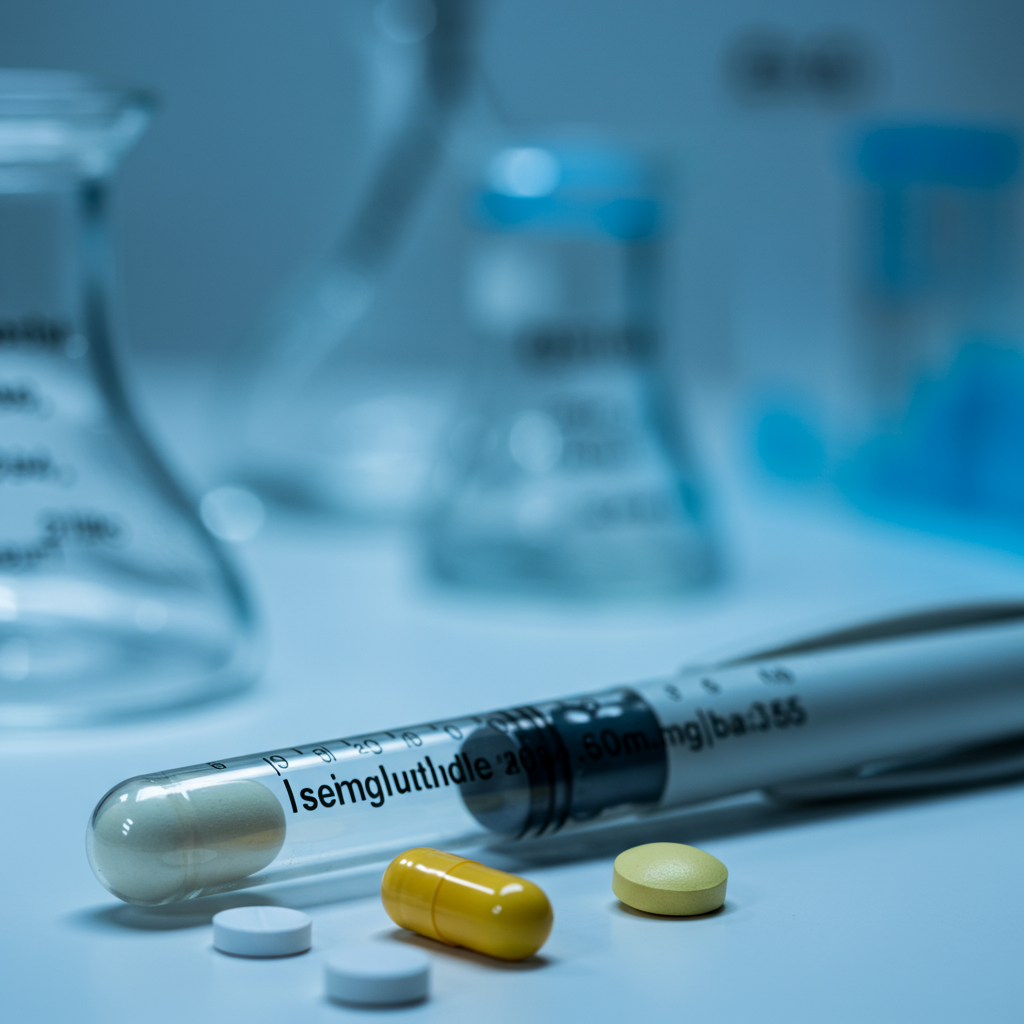Revolutionary weight loss medications like Ozempic (semaglutide) and Wegovy have transformed obesity treatment, offering significant results for many. But the science isn’t standing still. Drugmakers are actively developing the next generation of treatments, aiming for even greater effectiveness, easier administration, and potentially lower costs.
Among the most anticipated newcomers is a daily pill that early data suggests could be as powerful as the popular weekly injections currently on the market.
Reporting from the American Diabetes Association Scientific Sessions in Chicago, new findings presented this past weekend highlight just how potent these forthcoming weight loss drugs might be.
Orforglipron: An Oral Contender Emerges
At the conference, researchers unveiled late-stage study data on a daily pill called orforglipron. The results indicate this investigational drug appeared to be about as effective as a weekly Ozempic injection in achieving weight loss and lowering blood sugar levels.
This development is particularly significant because orforglipron is an oral weight loss medication, offering a potentially simpler alternative to weekly self-injections required by current leading drugs like Ozempic, Wegovy, Mounjaro (tirzepatide), and Zepbound. While still in trials, some of these next-wave medications could become available as early as next year.
Experts note that while drugs like Wegovy have garnered significant media attention because they were among the first to market in this new class, they may soon be surpassed by even more potent options, including those that could potentially lead to greater weight loss than the typical 15-20% body weight reduction seen in clinical trials for existing drugs.
Understanding the Landscape: Trial vs. Real-World Results
Current injectable GLP-1 medications work by mimicking hormones (like GLP-1 and GIP) that help regulate appetite and blood sugar. In clinical trials, these drugs, when combined with lifestyle changes, have shown impressive weight loss results, often ranging from 10% to 20% or more of body weight over time.
However, real-world weight loss outcomes with these injectable medications sometimes differ from trial results. Studies tracking thousands of patients in typical clinical settings have revealed that average weight loss can be lower, often falling in the range of 5% to 12% over a year or two.
Several factors contribute to this difference:
Adherence: A significant portion of patients (some studies suggest up to 70%) discontinue treatment within the first year, often due to factors like high cost, insurance coverage issues, or managing side effects such as nausea and diarrhea.
Dosage: Many patients in real-world settings may not reach the maximum effective dose, which is typically used in clinical trials.
- Support: Real-world patients may not receive the same level of structured support for diet and exercise provided in highly controlled trial environments.
- www.sciencealert.com
- newsroom.clevelandclinic.org
- gizmodo.com
- www.bbc.com
- www.theguardian.com
Crucially, research indicates that continued treatment and achieving higher maintenance dosages are strongly correlated with better weight loss results and improved blood sugar control in real-world practice. For instance, patients who stay on therapy and reach higher doses tend to see weight loss outcomes much closer to clinical trial averages.
Medication vs. Surgery: A Broader Perspective
While the promise of a highly effective pill is exciting, it’s important to consider the broader landscape of obesity treatment. For individuals with severe obesity, bariatric surgery (such as sleeve gastrectomy or gastric bypass) remains significantly more effective for weight loss in real-world studies. Research has shown surgical patients losing an average of around 24-25% of their total body weight over two years, representing a fivefold difference compared to the average real-world weight loss observed with GLP-1 medications in some studies.
While surgery is a more invasive and permanent intervention, GLP-1 medications currently require lifelong use to maintain results, as weight regain is common if treatment is stopped. Patients and providers must weigh individual preferences, potential risks, costs, and long-term commitment when choosing a treatment path.
Beyond Shedding Pounds: Other Benefits and Considerations
The benefits of GLP-1 medications extend beyond just weight loss. They are also effective tools for managing type 2 diabetes by improving blood sugar levels. Emerging research also suggests potential positive impacts on mental health, including improvements in mood, wellbeing, and quality of life. Studies indicate these medications can be safe and effective for weight management even in individuals with severe mental illness, a group often at higher risk for obesity and related health issues, and they may potentially have antidepressant or anti-anxiety effects.
However, like all medications, GLP-1 drugs have potential downsides. Common side effects include gastrointestinal issues (nausea, vomiting, constipation, diarrhea) and hair loss. More rarely, serious side effects like gallbladder issues, kidney problems, or pancreatitis can occur. Misuse, particularly from unregulated sources, carries significant risks.
Medical supervision is essential when using these medications. Furthermore, women who are pregnant, trying to conceive, or breastfeeding should avoid them, and those using oral contraceptives may need additional birth control methods due to potential absorption issues. The importance of combining medication with healthy eating and exercise habits remains paramount for maximizing success and overall health.
Looking Ahead
The data on orforglipron adds a thrilling dimension to the future of obesity treatment. A highly effective, daily oral medication could vastly expand access and potentially lower costs compared to current injectables. However, as this new wave of drugs approaches, it will be crucial to continue understanding their real-world effectiveness, optimize their use, identify which patients are best suited for which therapy (pill vs. injection vs. surgery), and ensure equitable access and appropriate medical guidance. The journey toward more effective, accessible, and holistic weight management solutions continues.




